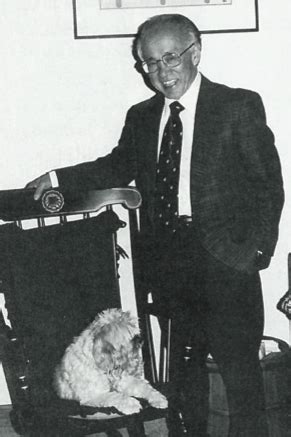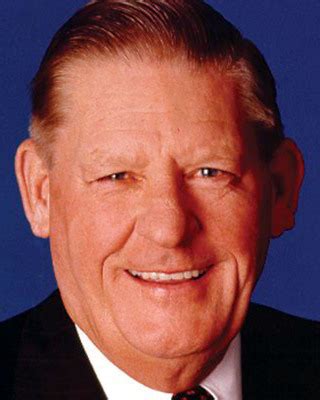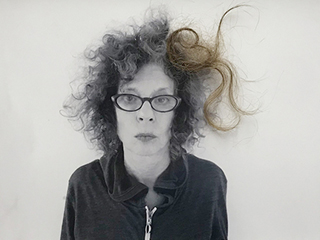A Quote by Richard Matheson
It is my conviction that basic Reality is not all that perplexing. What seems difficult to assimilate are the manifold details of Reality, not its fundamental elements.
Quote Topics
Related Quotes
Every call to worship is a call into the Real World.... I encounter such constant and widespread lying about reality each day and meet with such skilled and systematic distortion of the truth that I'm always in danger of losing my grip on reality. The reality, of course, is that God is sovereign and Christ is savior. The reality is that prayer is my mother tongue and the eucharist my basic food. The reality is that baptism, not Myers-Briggs, defines who I am.
The Western approach to reality is mostly through theory, and theory begins by denying reality - to talk about reality, to go around reality, to catch anything that attracts our sense-intellect and abstract it away from reality itself. Thus philosophy begins by saying that the outside world is not a basic fact, that its existence can be doubted and that every proposition in which the reality of the outside world is affirmed is not an evident proposition but one that needs to be divided, dissected and analyzed. It is to stand consciously aside and try to square a circle.
I think, as human beings, we all have a fundamental mode, a basic way of relating to the rest of reality, and for me, it's always instinctively been about sound making and trying to extract information, grammar, meaning from sound making. That's been my way of navigating reality that's very personal; a painter might say they make marks or look.
Dharma has several connotations in South Asian religions, but in Buddhism it has two basic, interrelated meanings: dharma as 'teaching' as found in the expression Buddha Dharma, and dharma as 'reality-as-is' (abhigama-dharma). The teaching is a verbal expression of reality-as-is that consists of two aspects-the subject that realizes and the object that is realized. Together they constitute 'reality-as-is;' if either aspect is lacking, it is not reality-as-is. This sense of dharma or reality-as-is is also called suchness (tathata) or thatness (tattva) in Buddhism.
In its most fundamental sense, execution is a systematic way of exposing reality and acting on it. Most companies don't face reality very well. ... Realism is the heart of execution, but many organizations are full of people who are trying to avoid or shade reality. Why? It makes life uncomfortable.
Metaphysics is the study of the most general nature and basic structure of reality, and therefore the concepts of metaphysics, concepts like time, space, identity, resemblance, substance, property, fact, event, composition, possibility, etc., are the most fundamental concepts. Thus metaphysics is the most fundamental theoretical discipline.



































